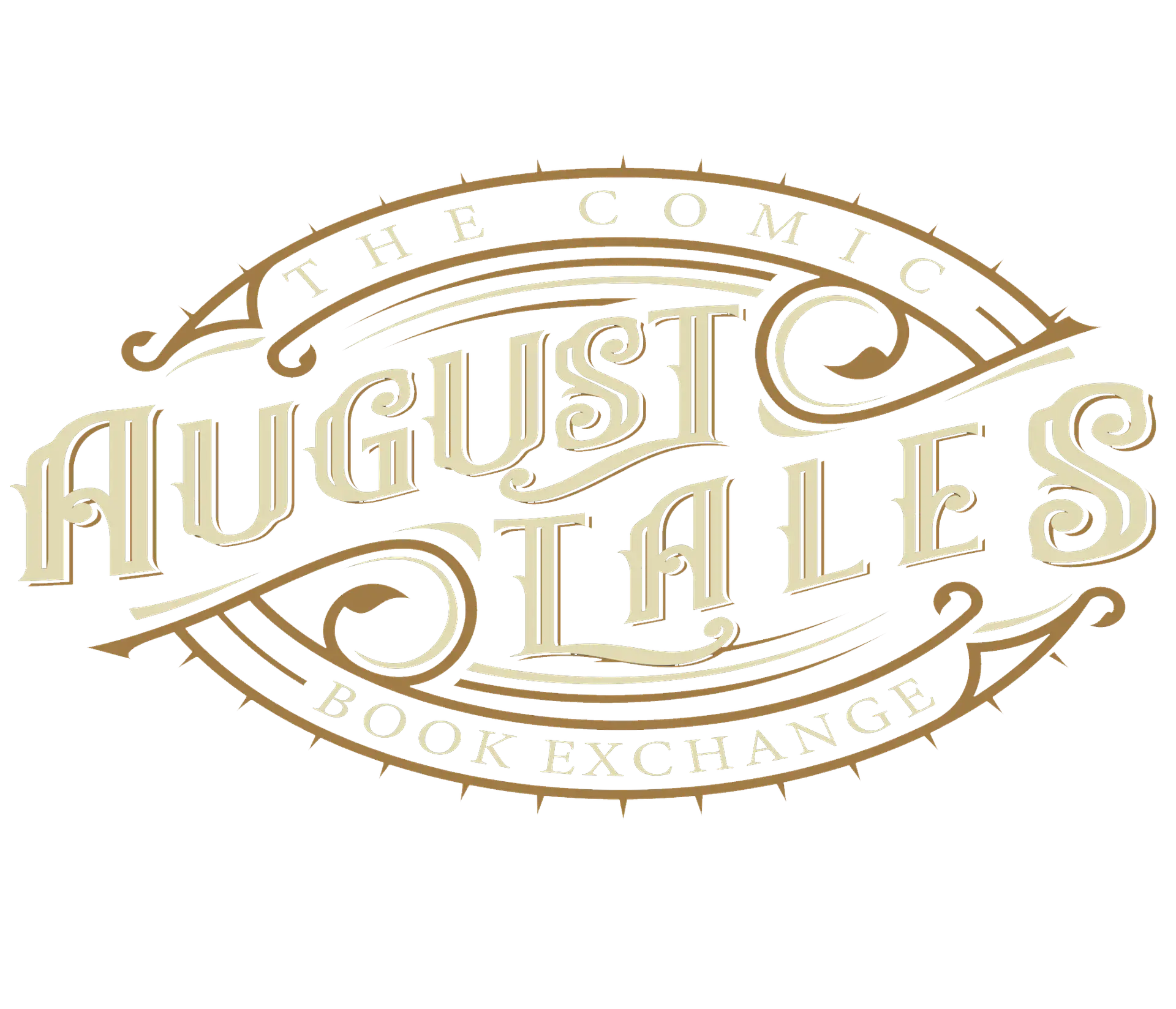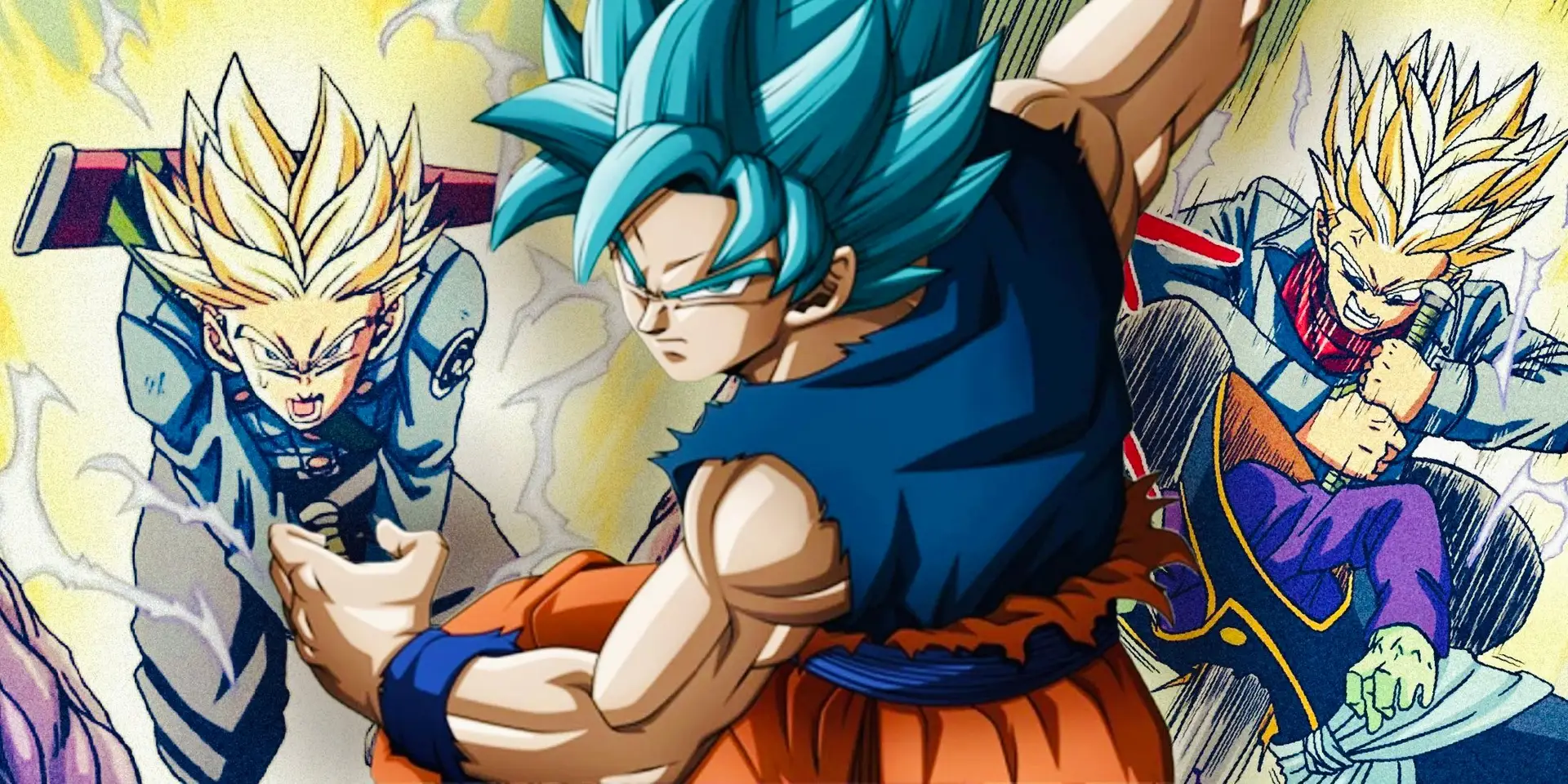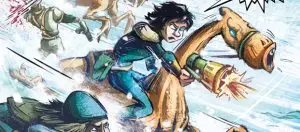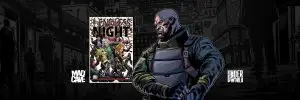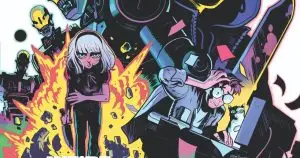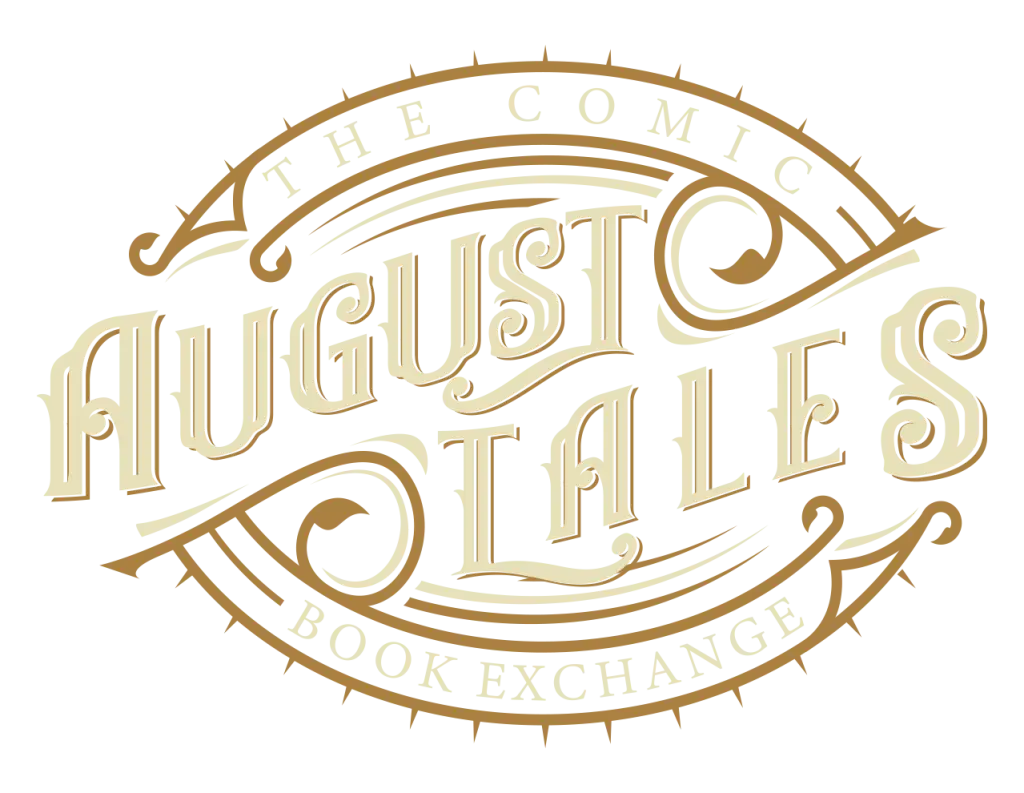Exploring Intriguing Differences Between English and Japanese Versions of Dragon Ball Super
Our English-speaking buddies from the first Dragon Ball and Dragon Ball Z era would confirm laughing in the aisles at how drastically the dubbed versions twisted the scenes. Nevertheless, thanks to the Dragon Ball Super, Toriyama’s series has reformed itself into a truly international franchise, respecting the essence of the original script while translating.
Dragon Ball Super: Lost in Translation and Time Travel
It’s no shocker that Dragon Ball Super differs from the original Dragon Ball series. The English dubbed version has done a commendable job and, in some instances, better than its original version. But it’s not just the anime; the English version of the comic is equally off-kilter, often deviating in a small but notable way from the peculiarities of Toyotarou and Toriyama’s meticulously crafted strategized fight system and carefully developed characters.
Small variations in translated mangas usually don’t cause an uproar unless it’s something as colossal and obsessive as Dragon Ball’s fandom about power scaling. There have been myriad incongruences between the English and the original Japanese mangas that change the entire perspective of a scene. One such inconsistency was discovered by an eagle-eyed user, Cipher on the Kanzenshuu boards, where how Hit explained his power during the Universe 6 & 7 tournaments was distorted and confused fans when relating it to Goku’s power.
Dragon Ball: Turning the Page on the Language
Before raising your eyebrows at “you invincible s of a b**,” let it be known that it’s Dragon Ball being cited. The series boasts a rich history of suggestive and adult themes. The social dynamics, adult language, and themes were more prominent in the original Dragon Ball series and even more so in the Japanese versions. The same legacy is continued with a twist in Dragon Ball Super; the English version has upped the ante by integrating adult language more frequently than the Japanese version.
Punchlines Lost: Name Puns in English and Japanese
Dragon Ball and ridiculous name puns go hand in hand, just like Goku and Chi-Chi. However, the English translation loses the relatability and essence of the clever puns. Names like Jiren, Bulla, and others tend to lose their unique backstory and the hidden, quirky meanings they hold in the original manga. In the case of Jiren, his original Japanese name is aligned with a theme where all the Pride Troopers are named after kitchen tools and appliances, which clearly doesn’t translate the same way in English.
Dragon Ball: With a Twist of Cockiness
Every Dragon Ball fan knows how humble Gohan is. However, the English manga’s translation seems a bit out of character for our demure demisaiyan. As he steps in to fight Kefla for Goku, his modest tone is replaced with an overly confident line, “Kefla is mine,” which is clearly a stark deviation from the original version of the manga.
The Charming Accents of Zamasu and Goku Black
It isn’t just the characters and the plot that undergoes a makeover; even the iconic voices of Goku Black underwent interesting alterations. The voice actor Sean Schemmel, who also voices Goku, put on a convincing British accent for Goku Black. The reason was to make the character sound like Zamasu who sports the same accent in the English dub series. This accent was short-lived and disappeared after Black transformed into his Super Saiyan Rose form.
Faster Than A Bullet: Pace of Fight Scenes
One of the significant differences between the English and the Japanese versions of the anime is the pacing of the fights. When compared, the original Japanese sub appears to be more fluid and quick-paced than the English dub version.
America’s differing regulations required the anime to comply with the Harding Test, which measures the flashing patterns in media to ensure it doesn’t trigger negative effects in people suffering from epilepsy. Hence, certain action sequences in Super had to be edited to meet this regulation standard.
Mysterious Wishes: Moro’s Menacing English Version
Another character undergoing a notable change in translation is Moro. One of the essential highlights of the Moro arc was the wishes he had granted by the Namekian Dragon Balls. His first wish was straightforward, wanting to regain his youth and full power. But the anticipation for his second wish was substantially elevated due to the English translation’s minor discrepancy in wording.
It turns out that fans were left slightly disappointed when they found out that Moro had merely wished for the release of the prisoners held by Galactic Patrol. This led to a bit of an anticlimax for some fans who thought that Moro was referring to a much grander wish that even the mighty Porunga might find challenging to grant.
Voices and Characters: A Tale of Two Reinterpretations
It’s undeniable that English voice actors bring a different flavor to the characters compared to their Japanese counterparts. For instance, Goku’s original voice actress, Masako Nozawa, has a more innocent tone, highlighting his naive and pure-hearted personality. In Sean Schemmel’s version, Goku is given a more heroic tone, reflecting the character’s threatening presence when he powers up. In such cases, fans reside on the subjective grounds of personal preference over which they find more enjoyable.
A Different Hue: Changes in Dragon Ball Super: Broly
Changes don’t hold back when entering the film domain. The US Blu-Ray release of the Dragon Ball Super: Broly film presented itself with a distinctive look throughout the entire movie. Audiences noticed a strange green tint that was not present in the Japanese version. The difference caused by an incorrect color-space conversion issue wasn’t rectified by Funimation, and rather it was denied that there was any problem.
Easter Egg Hunt: Hidden References for Fans
While picking between the English dub and the original Japanese version can be subjective, one cannot deny the charm the English dub adds. It is filled with self-aware references and meta jokes—a love letter to the Dragon Ball fandom.
The English dub has included delightful nods to the series’ history and unique references that are absent in the original Japanese interpretation. Some examples include Copy Vegeta being voiced by Brian Drummond and Hit, before his rematch with Goku, saying, “Time to make the donuts!”—a memorable phrase from the Dragon Ball Xenoverse 2 video game.
The allure of Dragon Ball over the years has been its ability to grow alongside its fans, knocking clichés out of the park. The English dub, in particular, has proven its finesse in doing justice to the original while infusing its unique personality to the celebrated series.
Read this article and more at August Tales Comics. Your go-to site for trade paperback exchanges and comic book news! Trade. Read. Repeat.
#comics #comicbooks #graphicnovel #graphicnovels #augusttales
Image credit: www.cbr.com
